
Does This Cause Cancer?
Artificial Sweeteners
Despite all the talk - and chain emails - there’s no proof that these sugar stand-ins raise your risk of cancer. Saccharine did cause cancer in rats, but their bodies react to it differently than ours, researchers say. There hasn’t been a cancer warning label on it since 2000. A study of aspartame in people found no link either.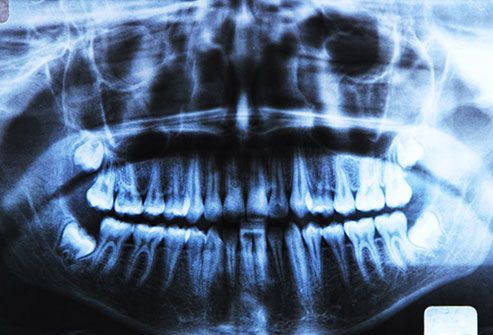
X-rays
Your dentist covers you in a lead blanket for a reason. Even low doses of X-rays raise your chances of getting cancer, but only by a small amount. In general, the higher the dose of radiation, the more the risk. But there’s no amount of this kind of radiation that’s totally safe. That’s why the EPA limits how much you can get.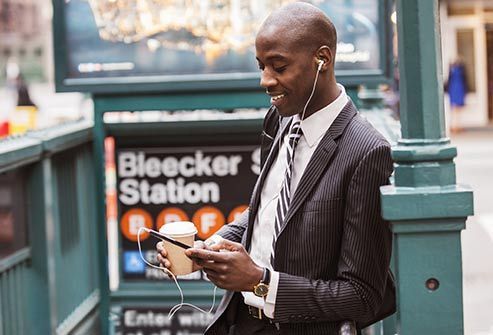
Cell Phones
This gadget, which you keep near all the time, gives off the same type of energy as microwave ovens. So far, it hasn’t been linked to cancer, but more research is needed. Just to be safe:
Save it for short chats or when there’s no landline.
Use a hands-free device.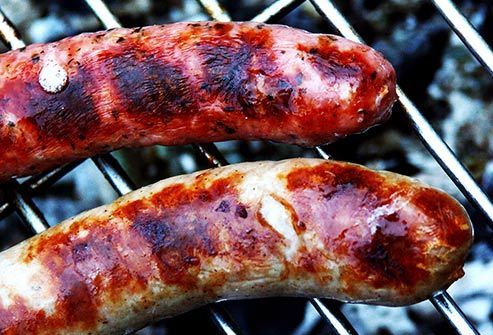
Meat
Whether it’s processed or red, you need less of it in your life. Just one hot dog a day could boost your chances of getting colon cancer. Luncheon meats, cold cuts, and hot dogs all have preservatives called nitrites, which cause cancer. Smoking meats or cooking them at a high temperature creates compounds called PAHs. Studies are under way to see how they affect people.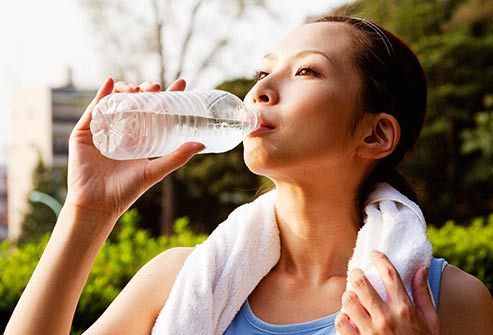
Bottled Water
If your bottle is clear plastic, it may contain bisphenol A (BPA). This chemical is used in food and drink containers (except for baby bottles), dental sealants, and other products. Does it cause cancer? The FDA says no, BPA is safe at current levels found in foods. If you’re concerned, avoid canned foods and store chow and drinks in clear plastic. For hot food, use glass or steel instead. 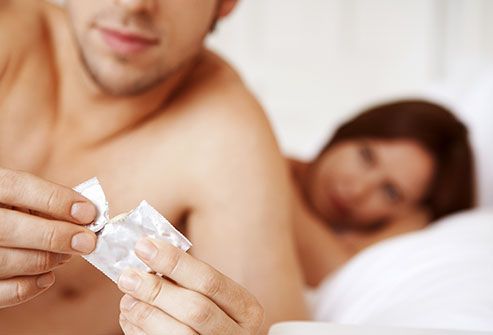
Sex
It’s true. Human papillomavirus (HPV), the most common sexually transmitted infection, can cause cervical and other cancers. Most adults who have sex will get this virus at some point. But they won’t all get cancer. Most of the time, HPV goes away by itself. To lower your risk:
Get vaccinated if you’re ages 9 to 26. The vaccine can also can be given to adults ages 27 to 45. Talk to your doctor.
Use condoms during sex.
Have sex with only one partner.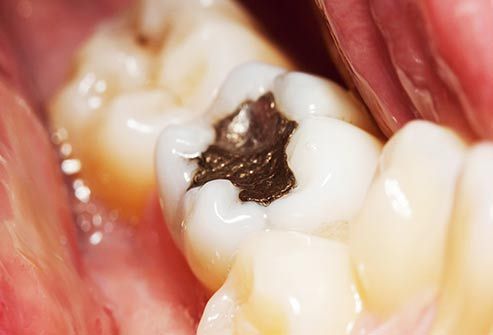
Dental Fillings
Don’t call the dentist to have your metal filings removed and replaced. Experts say your current ones are safe. Studies have found no link between fillings with mercury and cancer - or any other disease.
Coffee
If you feel your day doesn’t really start until you’ve had a shot of caffeine, you’ll love this. New research shows that drinking moderate amounts of coffee (around four cups daily) lessens the risk of some types of cancer, among them liver, prostate, uterus, and some mouth and throat cancers.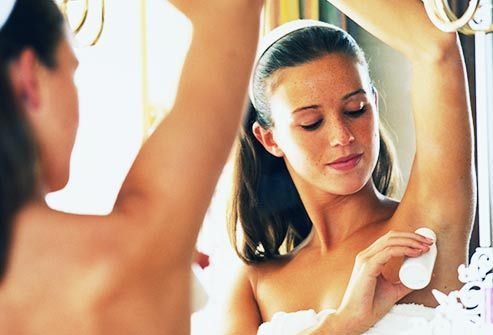
Deodorant and Antiperspirant
There are no large studies that support the claims that deodorants or antiperspirants can cause breast cancer. They have different jobs - deodorant blocks the smell and antiperspirant stops sweat. Many use chemicals that act like the hormone estrogen, which causes cancer cells to grow. These include benzylparaben, butylparaben, methylparaben, and propylparaben. The effects of these parabens on human cancer risk are unknown.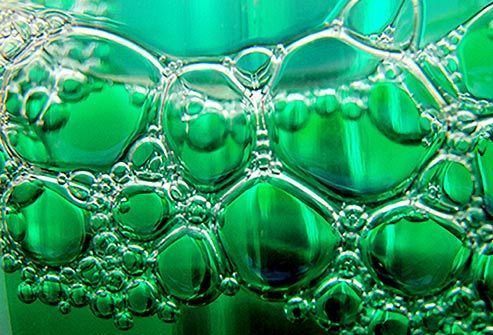
Fluoride
This compound is found in water and other drinks and in food, toothpastes, and mouth rinses. Though many studies have looked for links between it and cancer, most researchers says there’s no strong tie. If you’re worried about it, you can ask the Environmental Protection Agency how much is in your drinking water. If it’s high, switch to bottled spring water, which usually has the least.











